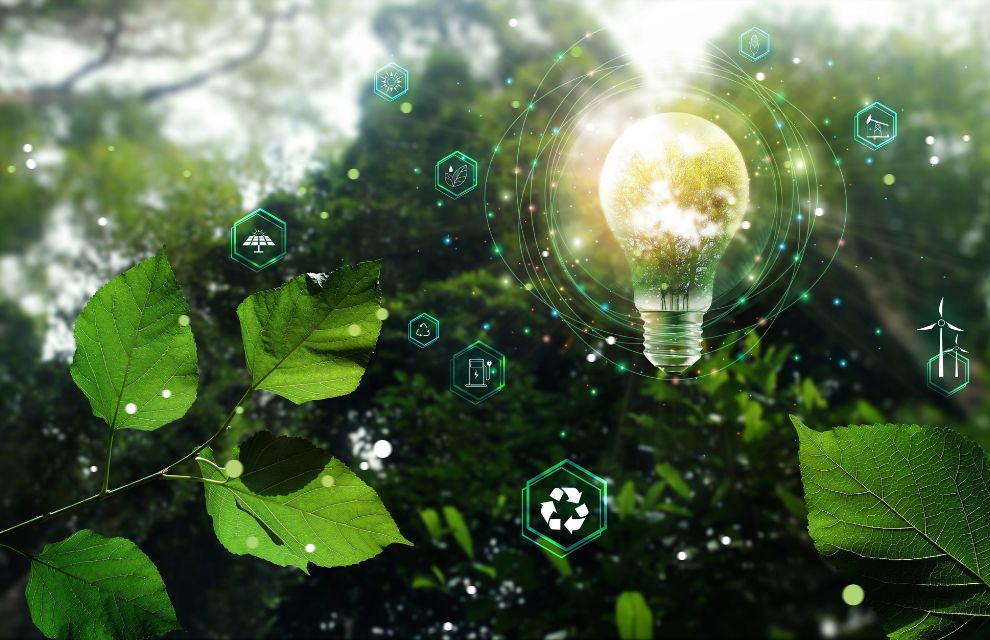Deutsche Bank publishes carbon targets
24 October 2022 Germany
 Image: ipopba
Image: ipopba
Deutsche Bank has outlined its net zero aligned carbon footprint targets for 2030 and 2050. As a founding member of the Net Zero Banking Alliance, the bank aims to be in line with best practice, smoothly phasing out fossil fuel use and financing lower-carbon technologies.
The bank will focus on four carbon-intensive areas: oil and gas (upstream), steel, automotive (light duty vehicles) and power generation. The targets were set with consideration to the International Energy Agency’s net zero emissions scenario.
Regarding oil and gas, Deutsche Bank’s Scope 3 upstream financed emissions reduction targets are 23 per cent by 2030, and 90 per cent by 2050.
For the tailpipe emission intensity of light duty vehicles, the company aims for a reduction of 59 per cent by 2030 and 100 per cent by 2050.
Finally, Scope 1 physical emission intensity for power generation will fall by 69 per cent by 2030 and 100 per cent by 2050, the company says.
Along with reduced financed emissions, Deutsche Bank will help clients to transition to less carbon-heavy investments to achieve these goals. By 2050, the bank looks to have net zero emissions.
Jörg Eigendorf, chief sustainability officer, says: “This is an important step to reduce the carbon footprint of our loan book progressively. We are focusing on supporting our clients on their net zero journey. This is a crucial element of our sustainability strategy.”
The bank will focus on four carbon-intensive areas: oil and gas (upstream), steel, automotive (light duty vehicles) and power generation. The targets were set with consideration to the International Energy Agency’s net zero emissions scenario.
Regarding oil and gas, Deutsche Bank’s Scope 3 upstream financed emissions reduction targets are 23 per cent by 2030, and 90 per cent by 2050.
For the tailpipe emission intensity of light duty vehicles, the company aims for a reduction of 59 per cent by 2030 and 100 per cent by 2050.
Finally, Scope 1 physical emission intensity for power generation will fall by 69 per cent by 2030 and 100 per cent by 2050, the company says.
Along with reduced financed emissions, Deutsche Bank will help clients to transition to less carbon-heavy investments to achieve these goals. By 2050, the bank looks to have net zero emissions.
Jörg Eigendorf, chief sustainability officer, says: “This is an important step to reduce the carbon footprint of our loan book progressively. We are focusing on supporting our clients on their net zero journey. This is a crucial element of our sustainability strategy.”
NO FEE, NO RISK
100% ON RETURNS If you invest in only one asset servicing news source this year, make sure it is your free subscription to Asset Servicing Times
100% ON RETURNS If you invest in only one asset servicing news source this year, make sure it is your free subscription to Asset Servicing Times



